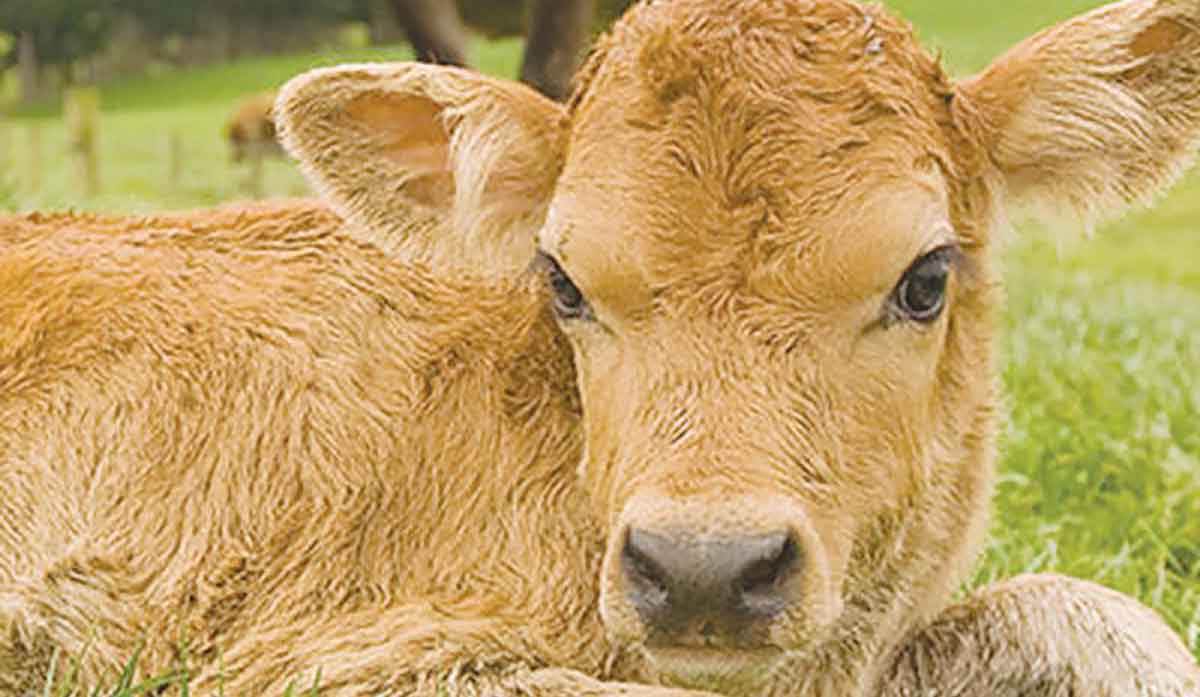Taranaki farmer fined $15,000 for illegal NAIT tag swapping
A Taranaki farmer and livestock agent who illegally swapped NAIT tags from cows infected with a bovine disease in an attempt to sell the cows has been fined $15,000.
Follow this advice when buying or selling calves.
The management and movement of calves are critical for disease management, with an estimated 1.5 million calves reared annually in New Zealand, says Ospri.
To ensure lifetime animal traceability and to support disease management, all newborn animals (calves) must be tagged and registered in NAIT within 180 days or before their first off-farm movement.
Failure to comply with your NAIT obligations may result in fines or prosecution issued by the Ministry for Primary Industries.
Ospri advises that when selling calves, they must be tagged correctly, for a higher retention rate.
It also wants farmers to register their calves online.
“Tell us which tags you have used in your NAIT account. This must be done before sending animals off-farm.
“Record a sending movement within 48 hours after you have sold calves or moved off-farm for rearing – except when sending to a saleyard.”
 |
|---|
|
Bobby calves moved direct to slaughter are exempt from NAIT. |
When buying calves, confirm with the seller that the calves have been correctly tagged and are registered in the NAIT online system, Ospri says.
“Ask the seller for an Animal Status Declaration form (ASD). This form should be exchanged with the animals at the point of sale.
“When the calves arrive, read their NAIT tag numbers visually or electronically with a scanner.
“You will need this information to record or confirm a movement in your NAIT account. Record a receiving movement.”
Bobby calves moved direct to slaughter are exempt from all NAIT requirements.
Ospri urges farmers to check with their meat processor about their requirements for accepting bobby calves.
Controls on the movement of fruit and vegetables in the Auckland suburb of Mt Roskill have been lifted.
Fonterra farmer shareholders and unit holders are in line for another payment in April.
Farmers are being encouraged to take a closer look at the refrigerants running inside their on-farm systems, as international and domestic pressure continues to build on high global warming potential (GWP) 400-series refrigerants.
As expected, Fonterra has lifted its 2025-26 forecast farmgate milk price mid-point to $9.50/kgMS.
Bovonic says a return on investment study has found its automated mastitis detection technology, QuadSense, is delivering financial, labour, and animal-health benefits on New Zealand dairy farms worth an estimated $29,547 per season.
Pāmu has welcomed ten new apprentices into its 2026 intake, marking the second year of a scheme designed to equip the next generation of farmers with the skills, knowledge, and experience needed for a thriving career in agriculture.
OPINION: Staying with politics, with less than nine months to go before the general elections, there’s confusion in the Labour…
OPINION: Winston Peters' tirade against the free trade deal stitched with India may not be all political posturing by the…